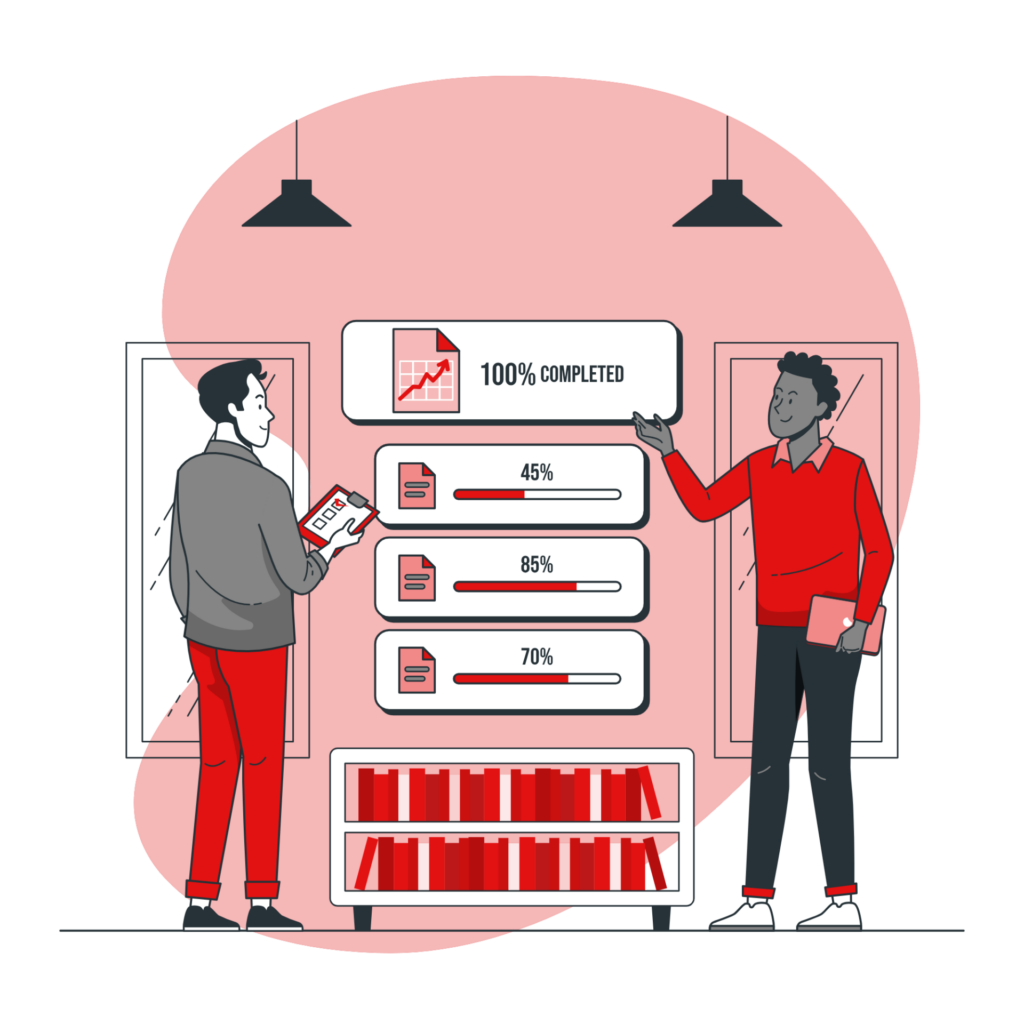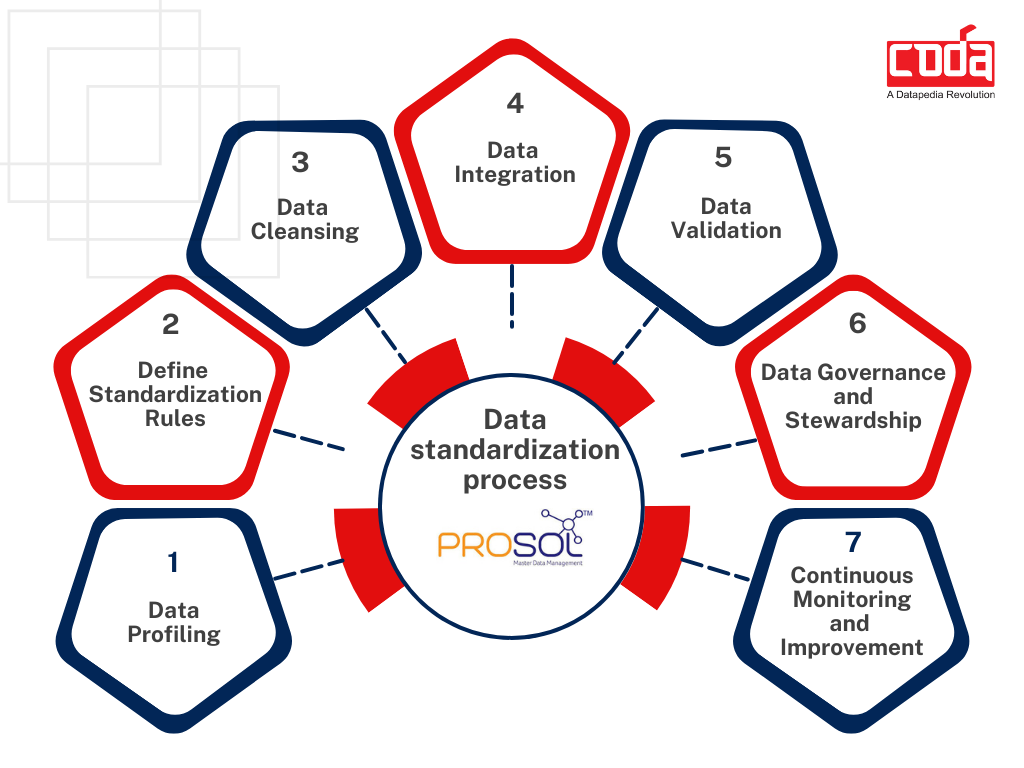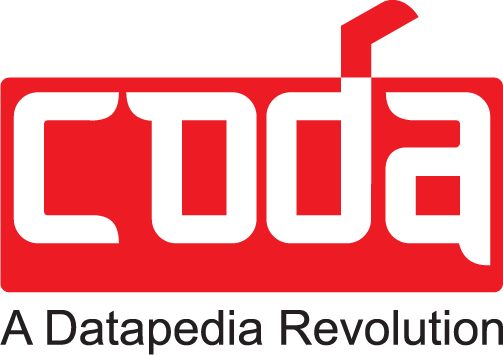Industrial companies rely on data to drive operations, optimize supply chains, and enhance decision-making. However, poor data quality such as duplicate entries, missing information, and inconsistencies can lead to costly inefficiencies. Effective Data Cleansing Strategies for Industrial Companies across Oil & Gas, Utilities, Manufacturing, Real Estate & Construction, Marine & Ports, Healthcare & Lifesciences, Banking, Minerals & Metals, Government Entities, Defense, EPC, and Aviation have accurate, reliable, and actionable data.
What is Data Cleansing?
Data cleansing is the process of identifying and correcting errors, inconsistencies, and inaccuracies in datasets. This includes:
- Removing duplicate entries
- Fixing missing or incorrect values
- Standardizing formats (e.g., dates, units of measure)
- Ensuring consistency across databases
By implementing robust data cleansing techniques, industrial businesses can minimize errors, improve efficiency, and maximize the value of their data assets.
Top Data Cleansing Strategies for Industrial Companies
1. Conduct Data Profiling & Assessment
Before cleaning data, companies must first analyze their existing datasets to identify:
- Inconsistent formats
- Missing values
- Redundant records
- Outdated information
How to do it:
- Use data profiling tools to scan large datasets for anomalies.
- Generate quality reports to track recurring issues.
- Prioritize data issues based on their impact on business operations.
2. Standardize Data Formats & Naming Conventions
Standardizing data ensures consistency across systems and departments. Without a standard format, companies risk data mismatches that lead to costly mistakes.
Best practices for standardization:
- Use uniform date formats (e.g., YYYY-MM-DD).
- Standardize measurement units (e.g., metric vs. imperial).
- Define naming conventions for materials, equipment, and suppliers.
Example: A construction firm records “steel rods,” “Steel_Rods,” and “Steel-Rod” as separate entries. Standardizing to “Steel Rod” ensures accurate inventory tracking.
3. Remove Duplicate Records
Duplicate data leads to inaccurate reporting, inflated storage costs, and inefficiencies in decision-making.
How to remove duplicates:
- Identify duplicate records based on key attributes (e.g., supplier name, product codes).
- Use AI-powered deduplication tools to merge or delete redundant entries.
- Implement real-time data validation to prevent duplicates at the point of entry.
Industries such as Oil & Gas and EPC deal with thousands of inventory records removing duplicates can significantly improve procurement efficiency.
4. Validate & Correct Data Entries
Data errors often arise from manual entry mistakes or inconsistent data sources. Industrial companies must validate their data to prevent costly errors in procurement, financial transactions, and reporting.
How to validate data:
- Set up automated validation rules (e.g., correct postal codes, phone numbers, and part numbers).
- Cross-check with verified data sources (e.g., supplier databases).
- Use machine learning algorithms to detect anomalies.
5. Fill in Missing Values with Enrichment Techniques
Industrial companies often have incomplete data, leading to poor decision-making. Data enrichment involves filling missing values using external or internal reference data.
Techniques for data enrichment:
- Pull missing details from trusted third-party databases.
- Use predictive analytics to estimate missing values.
- Implement auto-suggestion tools for manual data entry.
Example: A utility company missing customer contact details can enrich its database by integrating third-party consumer data sources.

6. Implement Automated Data Cleansing Tools
For industrial firms managing large datasets, manual data cleansing is inefficient. Automated tools streamline the process and ensure continuous data accuracy.
Popular data cleansing tools include:
- AI-based Master Data Management (MDM) platforms
- Cloud-based data validation tools
- ERP-integrated data deduplication software
Industries like Marine & Ports and Aviation handle vast amounts of logistics data. Automation significantly reduces human errors.
7. Conduct Regular Data Audits
Data cleansing isn’t a one-time fix—industrial firms must schedule regular audits to maintain data quality.
Steps for effective data audits:
- Schedule quarterly or bi-annual data reviews.
- Assign data governance teams to oversee accuracy.
- Generate quality scorecards to monitor improvements.
Benefits of Data Cleansing for Industrial Companies
By implementing these data cleansing strategies, industrial companies can achieve:
| Benefit | Impact |
|---|---|
| Improved Decision-Making | Reliable data leads to accurate business insights. |
| Faster Operational Efficiency | Clean data reduces processing and retrieval time. |
| Cost Savings | Eliminates waste from duplicate and incorrect data. |
| Regulatory Compliance | Ensures adherence to data security & industry laws. |
| Competitive Advantage | High-quality data improves customer & supplier trust. |
Also Read:
PROSOL (The Ultimate Data Cleansing Solution for Industrial Companies)
At CODASOL, we understand that industrial companies deal with massive datasets across multiple systems often filled with duplicates, inconsistencies, and missing information. That’s why we developed PROSOL, an AI-powered Master Data Management (MDM) platform designed to clean, standardize, and optimize industrial data.
How PROSOL Transforms Data Cleansing
1. AI-Powered Duplicate Detection & Removal
PROSOL’s intelligent deduplication engine automatically identifies and removes duplicate records, reducing data redundancy and storage costs.
- Real-time duplicate detection using machine learning
- Customizable matching rules for materials, vendors, and assets
- Automated merge recommendations to prevent data loss
2. Data Standardization & Enrichment
With PROSOL, industrial companies can ensure consistent formatting and classification across all datasets.
- Automated material and asset classification
- Standardized naming conventions & attribute mapping
- Third-party data enrichment for missing details

Is your company struggling with data inconsistencies, duplicates, or poor data governance?
3. Seamless ERP Integration
PROSOL integrates seamlessly with leading ERP systems like SAP, Oracle, and Maximo, ensuring clean data across all business functions.
- Real-time synchronization with ERP databases
- Error-free procurement, inventory, and asset management
- Prevents costly discrepancies in supply chain operations

4. Advanced Data Validation & Compliance
Ensuring compliance with ISO 8000, GDPR, and industry-specific data governance standards, PROSOL enables:
- Automated data validation checks for accuracy
- Rule-based governance to prevent inconsistent entries
- Audit trails & reports for regulatory compliance
Case Study:
About the Client
Our client is a leading global specialty generic pharmaceutical company with annual revenues of $5.4 billion. Operating 43 manufacturing facilities, they supply high-quality, affordable medicines to over 100 countries with a strong presence in emerging markets like Brazil, Mexico, and Russia, as well as Western Europe, Canada, Australia, Japan, and China.
Challenges
The client faced several data management issues impacting their operations:
- Offline code submissions contained errors, which persisted in the live system.
- Duplicate item entries created inefficiencies and inaccuracies.
- High-volume, inconsistent data requests added complexity to their processes.
Business Need
To overcome these challenges, the company aimed to:
- Improve revenue growth through better asset utilization and cost reduction.
- Implement structured material management techniques to streamline procurement and inventory control.
- Enhance logistics and asset tracking for better efficiency.
Project Scope & Solution
The pharmaceutical giant partnered with CODASOL’s PROSOL to cleanse, structure, and optimize their Material Master and Service Master Data.
Key Deliverables:
- Data Cleansing & De-duplication: Identifying and eliminating inaccurate, incomplete, or duplicate records.
- Service Master Creation & Maintenance: Ensuring accurate and structured service master data.
- Master Data Updates & Code Validation: Maintaining an updated and error-free database.
Impact of PROSOL
By leveraging PROSOL’s AI-driven data cleansing capabilities, the client:
- Eliminated duplicate and inaccurate entries, improving data integrity.
- Standardized and structured material and service master data, streamlining procurement and logistics.
- Enhanced data accuracy in ERP systems, reducing operational errors and inefficiencies.
Read more on it:
Why Industrial Companies Choose PROSOL
| Feature | Business Impact |
|---|---|
| AI-Powered Cleansing | Eliminates duplicates, errors, and inconsistencies |
| Data Standardization | Ensures uniformity across multiple systems |
| ERP Integration | Prevents procurement & inventory mismatches |
| Compliance & Governance | Reduces risks of regulatory non-compliance |
| Cost & Time Savings | Streamlines operations & prevents financial losses |
Frequently Asked Questions (FAQs)
Q1: How often should industrial companies clean their data?
At least once every quarter to ensure data remains accurate and relevant. Critical datasets should be monitored in real-time.
Q2: Can data cleansing be automated?
Yes. AI-powered data management tools can automate deduplication, validation, and standardization processes.
Q3: What is the biggest challenge in data cleansing for industrial sectors?
Managing large, unstructured datasets across multiple systems while ensuring compliance with industry regulations.
Q4: How does data cleansing impact compliance?
Clean data ensures adherence to GDPR, ISO 8000, and other industry regulations, reducing risks of penalties.
Q5: What industries benefit the most from data cleansing?
Sectors like Oil & Gas, Healthcare, Banking, EPC, and Aviation—where data accuracy directly impacts safety, financial integrity, and efficiency.
Final Thoughts
For industrial companies in India, GCC, and the Far East, high-quality data is a strategic asset. Implementing effective data cleansing techniques ensures error-free operations, better decision-making, and long-term cost savings.
Contact our experts today to implement a tailored data cleansing strategy



